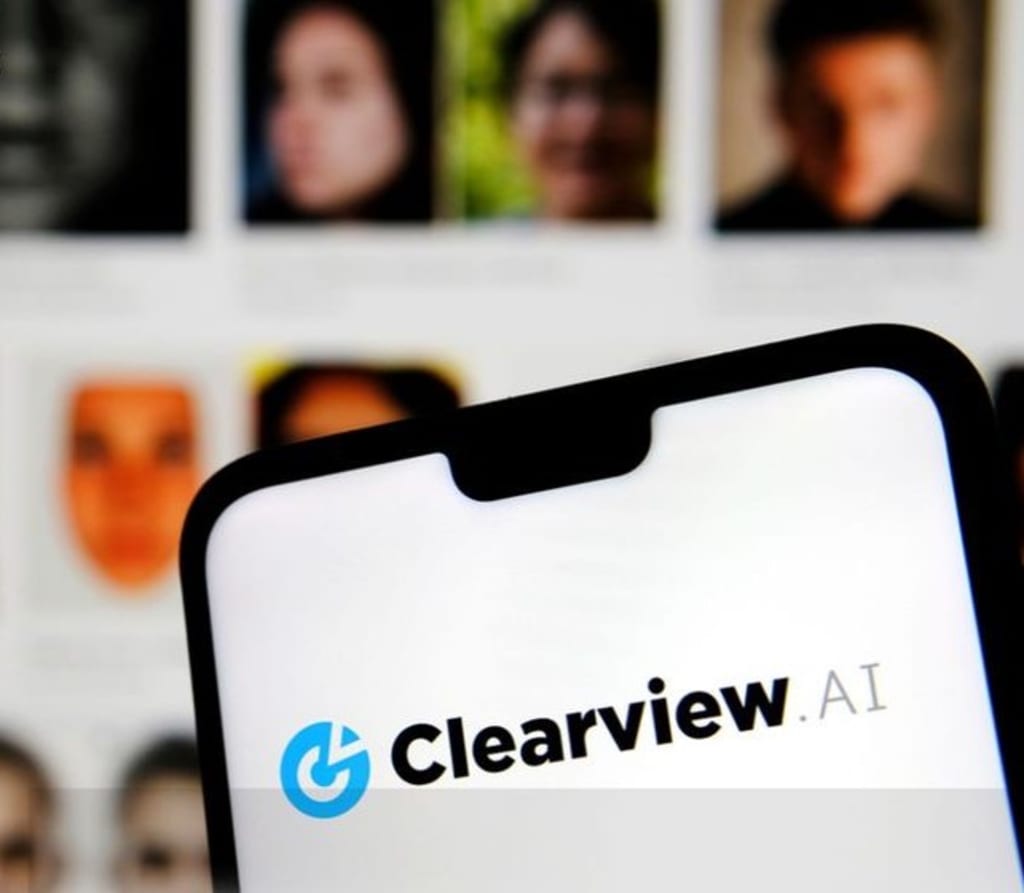Clearview Ai's Facial Recognition Database: A Controversial Tool For Law Enforcement
Is our privacy at risk? The ethics and implications of Clearview Ai's facial recognization technology.

Introduction
Facial recognition technology has been in use for several years now, with various companies offering their services to governments and law enforcement agencies around the world. One such company, Clearview AI, has recently come under scrutiny for its use of facial recognition technology to identify individuals without their consent. The company has admitted to scraping billions of photos from social media platforms such as Facebook and using them to build a massive database that is marketed to law enforcement agencies as a tool to bring justice to victims. However, privacy advocates and critics of the technology are concerned that this practice amounts to a violation of individuals' rights and could lead to wrongful arrests and other abuses of power.
Sub-Headings
- The Origins of Clearview AI and Its Database
- The Controversial Use of Facial Recognition Technology
- Concerns Over Privacy and Civil Liberties
- The Need for Proper Oversight and Regulation
The Origins of Clearview AI and Its Database
Clearview AI was founded in 2017 by Hoan Ton-That and Richard Schwartz, two entrepreneurs with a background in technology and finance. The company's primary product is a facial recognition app that allows users to upload a photo and find matching images from its database. Clearview AI claims that its technology is far more accurate than other facial recognition software, with a success rate of up to 99%.
The company built its massive database by scraping billions of photos from social media platforms such as Facebook, Twitter, and Instagram, without the consent of the individuals in the photos. This practice has raised concerns over privacy violations and has led to calls for increased regulation of facial recognition technology.

The Controversial Use of Facial Recognition Technology
Clearview AI's facial recognition technology has been used by law enforcement agencies across the United States for a variety of purposes, including identifying suspects in criminal investigations, finding missing children, and exonerating wrongfully accused individuals.
However, the use of facial recognition technology has also been associated with a number of controversies and concerns. For example, there have been cases where individuals have been wrongfully arrested based on faulty identifications made by facial recognition software. In Detroit, for instance, a man was arrested and held for 30 hours after being misidentified by facial recognition software as a suspect in a theft case. In another case in New Orleans, a man was wrongfully accused of murder based on a faulty identification made by facial recognition software.

Concerns Over Privacy and Civil Liberties
Critics of facial recognition technology have raised concerns over the potential for abuse and misuse of the technology. The use of facial recognition software by law enforcement agencies without proper oversight and regulation could lead to violations of civil liberties, including the right to privacy and the right to due process.
There are also concerns over the potential for bias in facial recognition software. Studies have shown that facial recognition algorithms can be less accurate when identifying individuals with darker skin tones and women, which could result in disproportionate targeting and arrests of these groups.
The Need for Proper Oversight and Regulation
In light of these concerns, there is a growing consensus among privacy advocates, civil liberties groups, and technology experts that facial recognition technology requires proper oversight and regulation. Some have called for a complete ban on the use of facial recognition software by law enforcement agencies, while others have suggested more targeted approaches such as requiring warrants for its use or implementing strict guidelines for its use.
Clearview AI has faced legal challenges over its use of facial recognition technology, with lawsuits filed by individuals and civil liberties groups alleging violations of privacy and civil liberties. The company has defended its practices, arguing that its technology is an essential tool for law enforcement agencies and that it operates within the bounds of the law.

Conclusion
The use of facial recognition technology by Clearview AI and other companies has generated controversy over privacy concerns and the potential for wrongful identification and arrests. While proponents argue that it can be a valuable tool for law enforcement to identify criminals and bring justice to victims, critics point out that the technology has already led to several cases of mistaken identity and the violation of individuals' civil liberties.
The fact that Clearview AI obtained billions of photos without users' knowledge or consent raises serious ethical questions about the collection and use of personal data. It highlights the need for stricter regulations and oversight of facial recognition technology to protect citizens' privacy and prevent its misuse by law enforcement agencies.
As technology continues to advance, it's crucial that we engage in meaningful dialogue and debate about its impact on our society. We must weigh the potential benefits against the risks and make informed decisions about how to responsibly use and regulate facial recognition technology.
Ultimately, the debate over Clearview AI's facial recognition database is just one part of a larger conversation about how we want to balance our desire for security with our fundamental rights to privacy and freedom. It's up to all of us to work together to find a path forward that upholds both of these values and ensures a just and equitable society for all.
About the Creator
Yousuf Shahid
your go-to source for engaging content on travel, food, cars, and technology. Follow for fresh perspectives and insights.






Comments
There are no comments for this story
Be the first to respond and start the conversation.